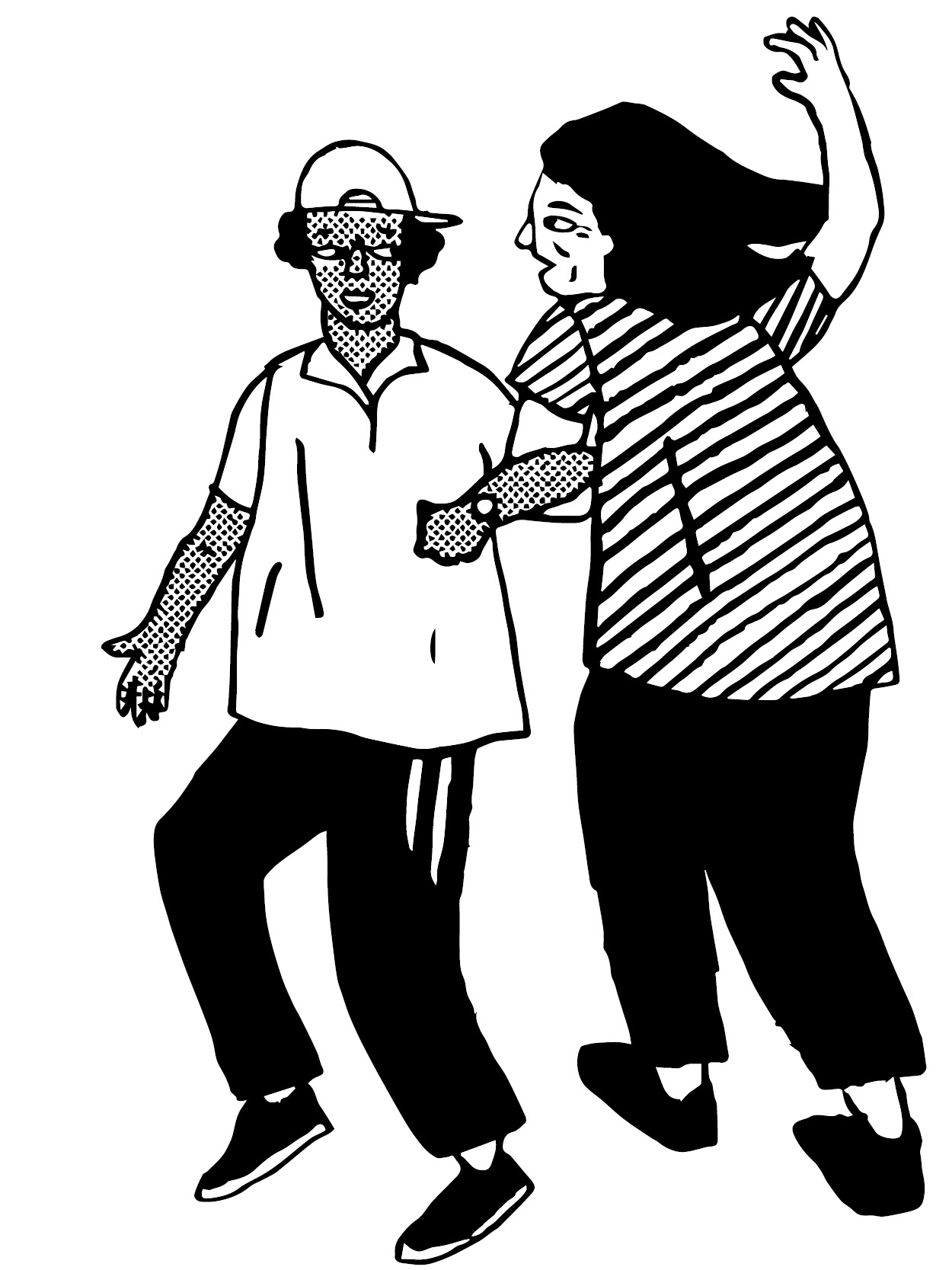Clive Carey
Clive Carey
(1883–1968)
Clive Carey was born into an artistic and talented family at Sible Hedingham in Essex. He was educated at King's College choir school, Sherborne School, and at Clare College, Cambridge, where he studied as an Organ Scholar and gained his MusB in 1906. He was also Grove scholar at the Royal College of Music.
Clive’s career began at Cambridge, with visits to France, Italy, and Germany to study music and learn languages. He had a rich voice and on his debut in London in 1907 made an immediate impression, The Times said he had “a baritone of wide compass and attractive quality.” Notably in 1911 Clive directed and sang as Papageno in the Cambridge production of Mozart's opera Die Zauberflöte when Dent's English translation was first used.
He was also active in the folk-music revival, collecting songs and dances in Sussex, Essex and Oxfordshire. Between 1910 and 1914 Carey organized the musical activities of Neal's Espérance Morris Guild. He contributed to Part 2 of the Espérance Morris Book (1912) and published Ten English Folk Songs in 1915.
During the First World War, Clive Carey served with the Royal Army Medical Corps and the Royal Army Ordnance Corps, rising to the rank of Major. After demobilization he returned to singing and opera direction at the Old Vic Opera Company under Lilian Baylis, taking the title role in the 1920 Don Giovanni. He was in the original group of the English Singers and toured Europe with them. Disappointed with his lack of professional progress, Clive took his first major teaching post at the Elder Conservatorium, Adelaide, 1924 - 1928. He returned to England, working at the Royal College of Music, and returned to producing opera with Lilian Baylis at Sadler's Wells until war broke out in 1939, whereupon Clive and his wife Doris returned to Australia for the duration of the war. He then returned to Britain and was again director at Sadler's Wells 1945–6, and professor of singing and director of the opera school at the Royal College of Music, 1946 - 1953. He was esteemed as a director, a teacher, a performer and a stylish gentleman. He was appointed CBE in 1955. He died at his London home on 30 April 1968.
The Clive Carey manuscripts of folk songs, dances and correspondence are currently held at the Vaughan Williams Memorial Library in London. They principally cover the period 1911-1949 and the geographical coverage is of Sussex, Middlesex, Essex, Gloucestershire, Oxfordshire, Berkshire and Surrey.
Browse Clive Carey's collection in The Full English digital archive.











